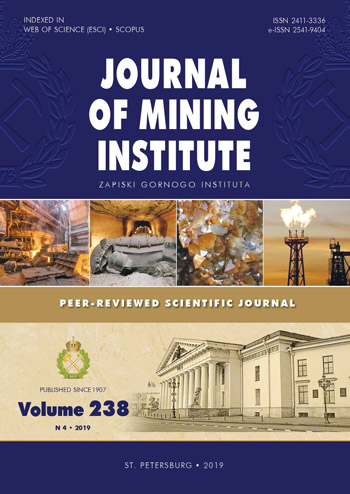Impact of External Factors on National Energy Security
- 1 — National Research University Higher School of Economics ▪ Orcid
- 2 — I.M.Sechenov First Moscow State Medical University (Sechenov University)
Abstract
The article examines both external and internal threats to national energy security, formulates the tasks of increasing energy security, discloses modern challenges, as well as measures to level them. In recent years, Russian economy has felt the growing influence of external threats and risks: unfair competition in world markets, high politicization of energy issues, and attempts to prevent Russia from monetizing national energy reserves. Influence of the use of renewable energy sources on national energy security, growth of liquefied natural gas production, stricter environmental requirements, changes in the demand for petroleum products, and introduction of anti-Russian sanctions are analyzed. The influence of internal risks is no less significant: quality of hydrocarbon reserves in the Russian Federation is declining, effectiveness of geological exploration is insufficient, and the share of hard-to-recover reserves is increasing. Energy security assessments are recommended taking into account modern challenges and on the basis of parameters such as ratio of the annual increase in the balance values of primary fuel and energy resources to the volume of their production, share of natural gas in the balance structure of primary fuel and energy resources, implementation of investment programs by fuel and energy sectors, change in the specific energy intensity of GDP, prices and etc.
